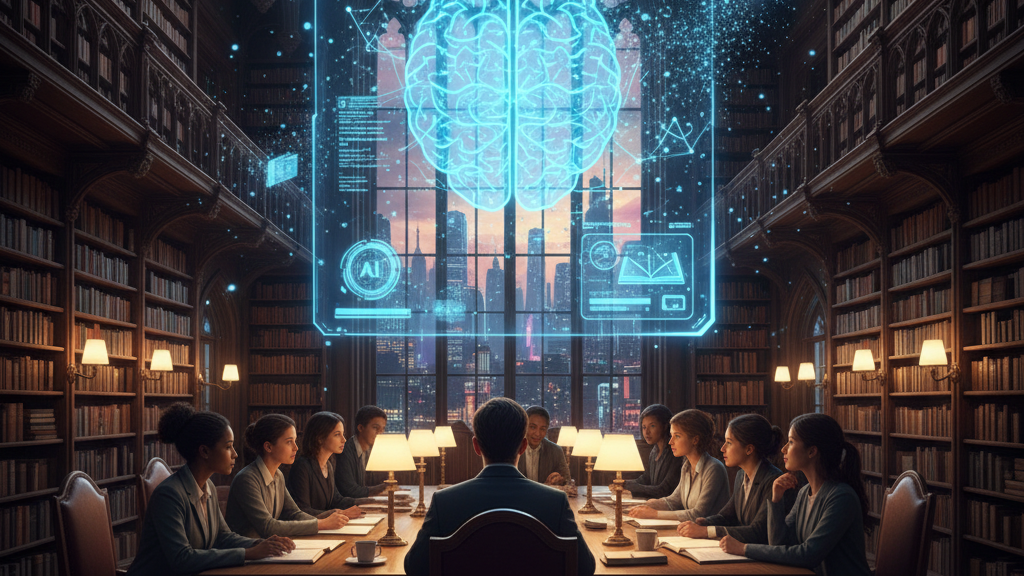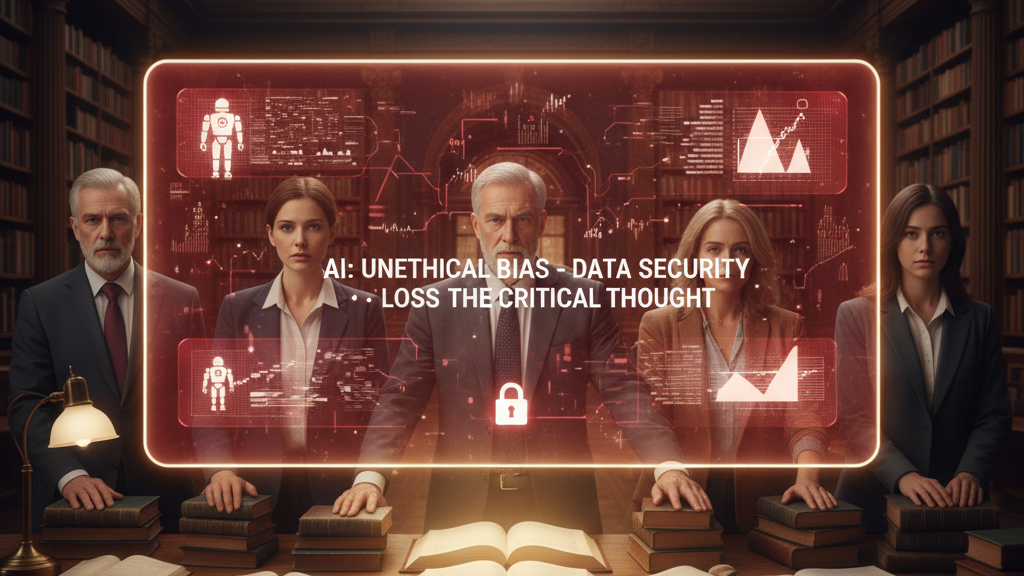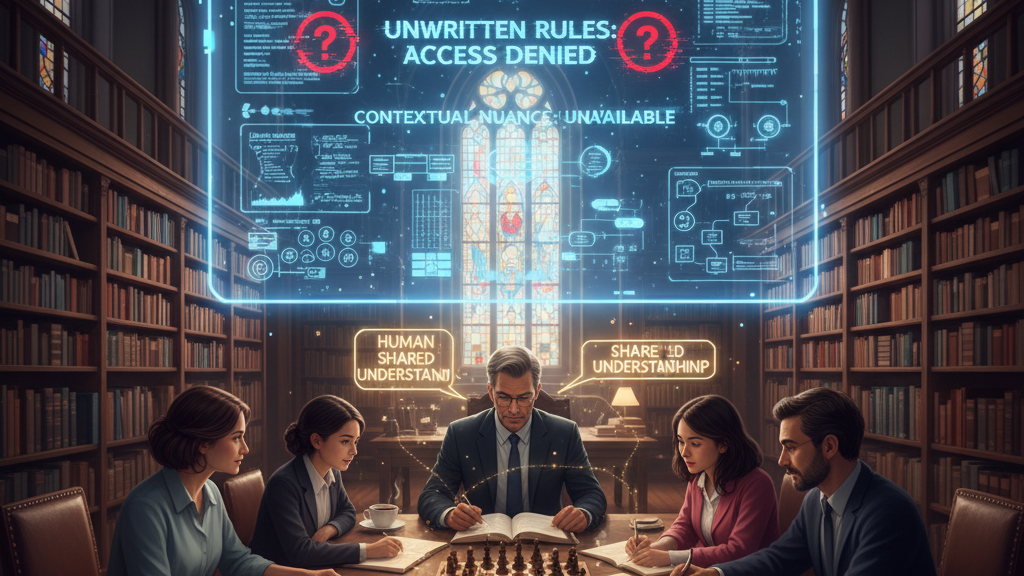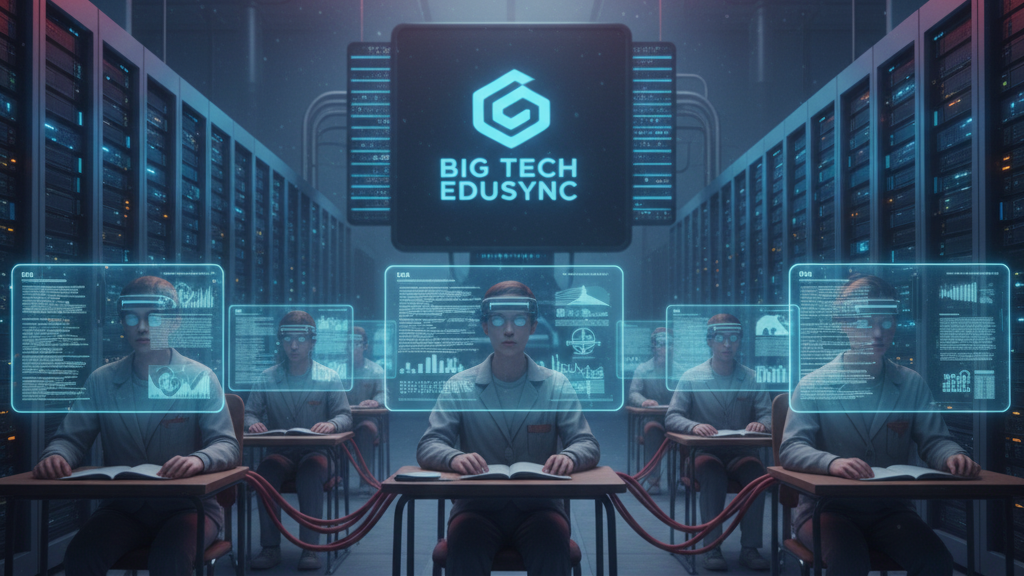
Source
PsyPost
Summary
A study of 231 first-year computer science students in Estonia finds that more frequent use of AI chatbots correlates with lower performance on programming tests, final exams, and overall course scores. While nearly 80% of students had used an AI assistant at least once, heavier use was associated with lower grades. Interestingly, students’ perceptions of how helpful the tools were did not predict their academic outcome. The data suggests a complex relationship: students struggling may rely more on chatbots, or overreliance might undermine their development of core coding skills.
Key Points
- 80%+ of students in a programming course reported using AI chatbots; usage patterns varied significantly.
- Those who used chatbots more often earned lower scores on tests, exams, and overall course standings.
- Most common uses: debugging code, getting explanations; less common: full code generation.
- Students cited speed, availability, clear explanations as benefits—but also reported hallucinations and overly advanced or irrelevant responses.
- The study couldn’t disentangle causation: lower ability might drive more AI use, or AI use might hinder deeper learning.
Keywords
URL
Summary generated by ChatGPT 5





